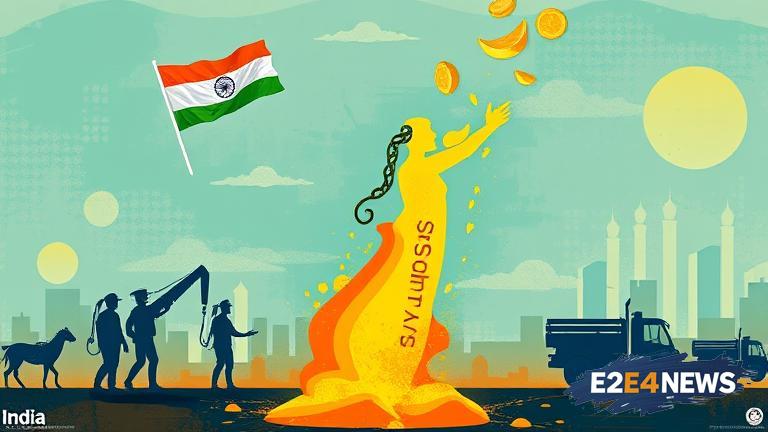The Prime Minister’s Office (PMO) has approved the proposal to revamp the GST system, which has been in place since 2017. The move is expected to simplify the tax structure and reduce the compliance burden on businesses. The GST Council, which comprises finance ministers from all states and the central government, will meet soon to discuss the proposed changes. The council is likely to consider a range of issues, including the rationalization of tax rates, simplification of the return filing process, and the introduction of a new tax regime for small businesses. The revamp is expected to have a significant impact on the Indian economy, with the government hoping to increase tax revenues and boost economic growth. The current GST system has been criticized for being complex and cumbersome, with multiple tax rates and a complicated return filing process. The government has been working to simplify the system and reduce the compliance burden on businesses, and the revamp is seen as a major step in this direction. The GST Council will have to balance the need to simplify the tax structure with the need to ensure that the tax revenues are not affected. The council will also have to consider the impact of the changes on different sectors and industries, and ensure that the new system is fair and equitable. The revamp is expected to be implemented in a phased manner, with the first phase likely to focus on simplifying the return filing process and reducing the compliance burden on small businesses. The government has set up a committee to oversee the implementation of the revamp, and the committee will work closely with the GST Council to ensure a smooth transition. The revamp is seen as a major opportunity for the government to increase tax revenues and boost economic growth, and the government is hoping to use the new system to increase the tax-to-GDP ratio. The current tax-to-GDP ratio is around 11%, and the government is hoping to increase it to 12% or more in the coming years. The revamp is also expected to have a significant impact on the Indian economy, with the government hoping to create a more favorable business environment and attract more foreign investment. The government has been working to improve the business environment in India, and the GST revamp is seen as a major step in this direction. The revamp is expected to be completed in the next few months, and the new system is likely to be implemented from the next financial year. The government is hoping to use the new system to increase tax revenues and boost economic growth, and the revamp is seen as a major opportunity for the government to achieve its economic goals.
